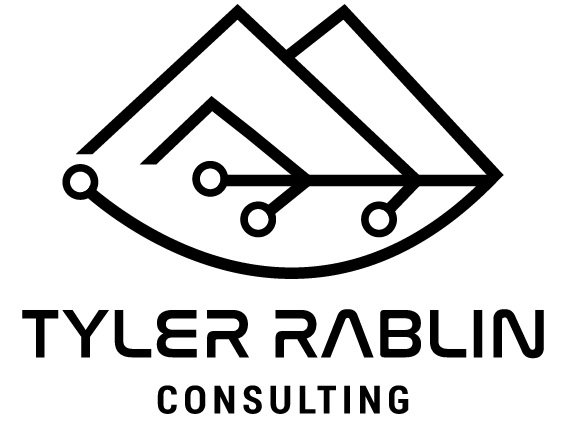Should Students with a B Get to Retake an Assessment?
This post was spurred by a question I was asked from Denise Wagstaff on X:
“Grading for equity question! There are tchrs in my h.s. (in particular the math tchrs) who feel very strongly that ss who show proficiency (or, get a B grade) should not be allowed to do retakes/revisions. What would be a good response to this concern? #sbgchat #gradingforequity
Would love to hear your thoughts, @Mr_Rablin @JoshKunnath @kenoc7 @JoeCFeldman @MonteSyrie @Catlin_Tucker, and anyone else who may bring perspective to my question!”
I had too many thoughts about this for my response to make any sense whatsoever in a tweet or a thread. So, here are my thoughts on this.
First off, the drive for mastery is one of the most powerful motivators we have at our disposal as educators. Sadly, in a system that uses grades, students see mastery as an A. Even if grades were not part of the equation, however, cutting a student off when they mostly got the content and wants to strive to reach that next level will have an impact on their motivation, as they are being held back from a deep drive humans naturally have.
If we want students to be motivated, we have to ensure they always see a path to success and mastery.
Second, I understand the hesitation here from the teachers. Retakes are annoying and take up precious time that we don’t have as an educator. If you have a student who can swim and a student who’s drowning, and you have one life ring, you would naturally throw it to the struggling student. I can see this as the motive behind why teacher might not want to give a retake. From this perspective, I can sympathize with the teachers.
On the other hand, the other hesitation I hear from teachers is that “it’s not fair to the students who got an A on their first attempt.” For this, I have no sympathy. Speed of learning does not equate quality of learning. All it typically does is ensure that the students who came in with the necessary background knowledge to build that new knowledge quickly will continue to have an advantage over other students. We are essentially reinforcing societal structures that give advantages to certain kids. So for this, I would condemn this line of thinking.
I actually hated retakes, both as a student and as a teacher. They felt like we were just playing a points game and everyone was focused on the task more than they were focused on the learning. Whether retakes are used or not, the non-negotiable should be that every student has the opportunity for multiple and varied attempts at demonstrating their learning.
Students need multiple chances to show what they know. This is why I’m not a fan of the idea of separating formatives and summatives and heavily weighting the summatives in the grade book. For me, all of those are opportunities to gather evidence, and my “summative” is truly a summative evaluation of all our available evidence to determine a final score for that skill.
Bomb a test? Let’s check your other evidence. Struggle with an initial quiz but got a lot better? That should be celebrated, not penalized in the grade book.
This gets to the biggest point out of all of this: we should not be averaging scores over time and using that to determine the final grade. This is truly the heart of the problem when we talk about retakes. The problem is that every isolated task matters because it’s just a part of the big points game the grade book plays and we pretend that is synonymous with learning.
In essence, here’s my summary of what goes through my head when I hear this:
Setting a cutoff score for retakes is one way teachers aim to manage their workload. However, this could be mitigated through intentional planning in the curriculum and grading approach. If students are afforded multiple and varied opportunities to demonstrate their understanding, and those scores are not simply averaged over time but evaluated at the end by prioritizing recent and consistent evidence, then no, you don’t even need to offer retakes to any student. Should teachers be required to allow retakes? No, but only if they can demonstrate how they offer students multiple and varied opportunities to demonstrate their learning without being penalized for earlier scores. Every student should be afforded the chance at experiences of mastery, and it’s our job to plan our assessment sequencing so that this isn’t an afterthought we have to scramble to make happen (retakes) but rather an intentional design in our instruction (spiraling and multiple assessments embedded).
If you like this concept and want to dive in more, I have a book coming out called Hacking Student Motivation that dives into meaningful changes we can make to our assessment practices to remove some of the barriers to motivation students often feel in school. Click here to join the mailing list to stay up to date about the book release, exclusive perks, and an assessment mastermind group that meets once per month.
